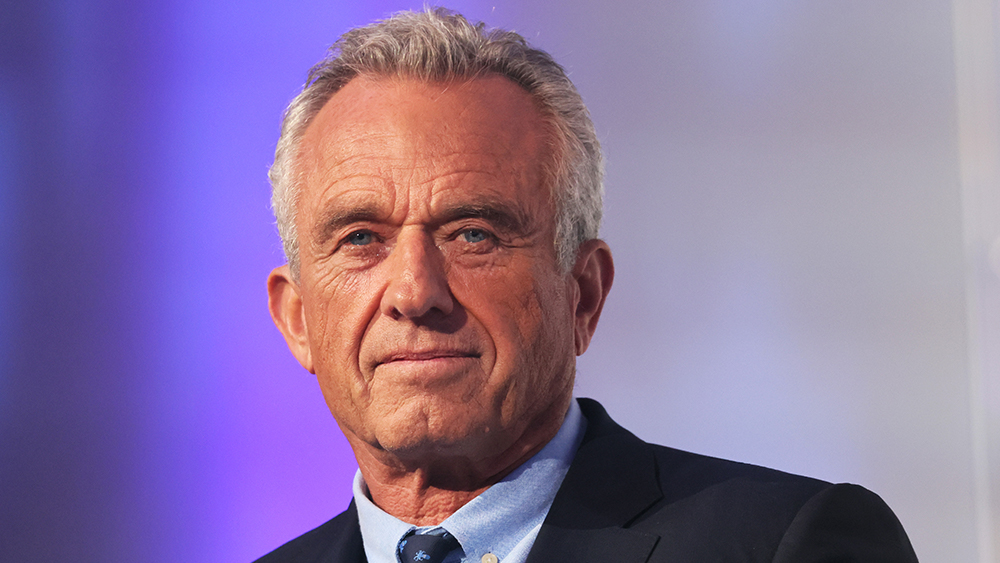 Parler
Parler Gab
Gab
A canal would make Israel a key player in maritime commerce
If the new canal does proceed, it will be about a third longer than the Suez Canal but could handle more traffic. The parties that control the canal will have an outsized influence on the global supply routes of grain, oil and shipping. With Gaza out of the way, the canal could be created with ease and diversions would not be needed. There’s also, not surprisingly, a lot of money at stake. The Suez Canal recently set a new record for annual revenue of $9.4 billion for Egypt, and the new canal would be designed to be more efficient and accommodate a higher volume of ships thanks to its hardier terrain than the Suez Canal’s sand. It would also allow two-way traffic, meaning ships could pass in both directions at the same time. The canal would position Israel as a key player in global maritime commerce, and some believe that it would be in Prime Minister Benjamin Netanyahu’s best interests to pursue it as he faces dwindling public support in Israel. The fact that Egypt – and by extension, Russia – would exert far less control over world trade makes it an attractive prospect to many other countries as well. What is happening in Gaza is so hard for many of us to comprehend, but when you follow the money, it becomes clear that there is a lot more to the story. Sources for this article include: ArmstrongEconomics.com EurasiaReview.comAfter losing top advertisers, Elon Musk’s X (formerly Twitter) SUES Media Matters
By Richard Brown // Share
Israel-Hamas war will continue until rights are recognized – analyst
By News Editors // Share
RFK Jr. launches petition demanding Biden release JFK assassination documents
By News Editors // Share
Governments continue to obscure COVID-19 vaccine data amid rising concerns over excess deaths
By patricklewis // Share
Tech giant Microsoft backs EXTINCTION with its support of carbon capture programs
By ramontomeydw // Share
Germany to resume arms exports to Israel despite repeated ceasefire violations
By isabelle // Share










